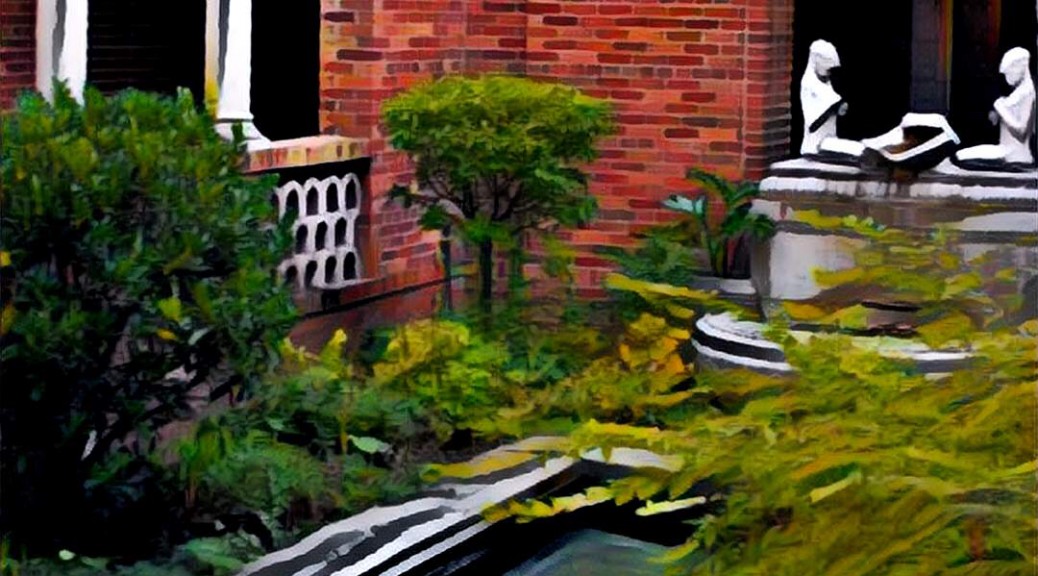November 6, 2017
Dear President Michael Schill and Trustees of the University of Oregon:
We write in a unified voice as representatives of major constituencies at the UO to express our concern with the response of your office to the October 6, 2017 student protest of the State of the University Address. During the demonstration, activists took the stage and presented a list of demands created by a coalition of students. Your actions since this event have potentially endangered these students by calling out their actions in a national venue, and have escalated tensions in such a way as to obscure the concerns which precipitated the protest.
Since the protest, you have availed yourself of campus, community, and national platforms to express your voice and reading of events. This is in contradiction to the claim that you were silenced. Further, your New York Times OpEd obscured the nature of the tensions that energized the protest and narrowly framed the circumstances in an analysis of free speech devoid of any consideration of the relationship between power and access to platforms for speech. Any appreciation of academic freedom and free speech must grapple with power. For faculty and graduate instructors, it is understood that any privileged platform brings responsibilities to assure speech opportunities for all voices in the classroom, not just the more vocal, visible and privileged. The bedrock of civil society rests on the parallel notion that democracy works when spaces are available for all voices, even those viewed as disruptive, unusual, or repugnant. In hearing these voices, a collective adjustment to institutions can be advanced to include the marginalized or oppressed, and repugnant or bigoted views can be rebutted. Power and platform are at the center of our practical applications of free speech and academic freedom. So far, you have not given consideration to this important dimension of the subject.
The actions of your office, particularly your New York Times OpEd, have escalated tensions, and exposed our students to intimidation and ugly responses by online commenters. We find it disturbing that you did not anticipate this outcome. Under this national mockery, our students are castigated and put in a vulnerable position; they are denied an equivalent platform for their version of the events, and have lost any semblance of due process.
We understand and support your call for debate and discussion about what transpired on October 6th. We also recognize that in this debate, the student activist perspective matters and needs consideration.
That the protest lasted less than 15 minutes, and that there appeared to be only a slight effort to reclaim the stage by you or your staff, has left many wondering how much your departure from the room was pre-planned. Is discipline warranted if, as University President, you did not attempt to earnestly engage this minor protest?
Major public universities, especially ones in the throes of state disinvestment, rising tuition, privatization, and shifting priorities, routinely experience visible protest. This recent event is no different. Instead of a healthy campus conversation, your administration is pursuing sanctions. The threat of sanctions stifle this important conversation.
The October 30t h letter from Associate Director for Student Conduct and Community Standards, Katy Larkin, accused a number of students and non-students with misconduct charges in connection to this event. These accusations include “Disruption of University” and “Failure to Comply”. This effort to conduct a disciplinary investigation is rife with problems:
1 ) Factual ambiguities: you and your staff left the event within 10 minutes, never allowing for other outcomes through the duration of the planned event;
2) Anticipation of conflict, not engagement: your email and video are evidence that plans were made in advance of the scheduled speech and protest, suggesting that instead of dialogue, your office wanted to make an example of these students;
3) Lack of oversight: these charges were brought with no oversight by the Student Conduct and Community Standards Committee;
4) Intimidation : the disciplinary investigation letter is likely to be read as an intimidation tactic, contrary to the very values of academic dialogue that you advocated in your email to the campus and, implicitly, in the NYT OpEd;
5) Investigatory Errors: more transparency in the investigatory process is needed. Some of the students who received letters WERE NOT at the event, implying problems with the implementation of the process, and the surveillance of student social media activity by your administration;
6) Derailing due process: the options presented in the sanction letter to students (to accept the charges or contest them in a closed session administrative conference) is an embarrassment to due process as your administration has already implicated these students as guilty in the local and national media; and
7) Lack of just representation and counsel: the Office of Student Advocacy has denied fees-paying students advice, citing a ‘conflict of interest’ without explanation. These students were only given 7 days to respond, and this inability to seek out advice has severely hindered students’ ability to seek alternative counsel for this vulnerable situation.
In our view, this has gone too far. It is time to de-escalate. We ask that you cease the punitive measures against students and engage in a dialogue without the cloud of threat or intimidation. The UO Student Collective, which includes students who were involved in the protest, will have the floor to present their concerns to the University Senate on November 15. This is a much better venue for beginning a campus dialogue than the other highly constrained venue that you have pursued thus far.
Signed,
Imani Dorsey, ASUO State Affairs Commissioner
Michael Dreiling, President, United Academics
Jessica Neafie, President, Graduate Teaching Fellows Federation
Chris Sinclair, President, University Senate

